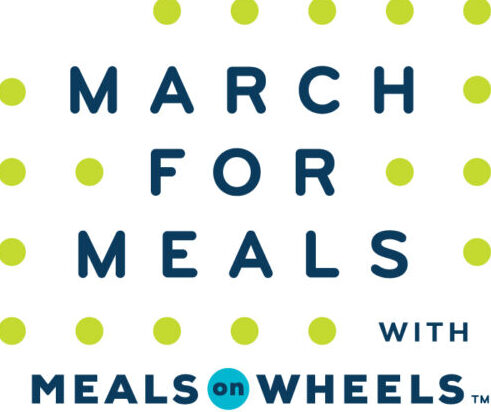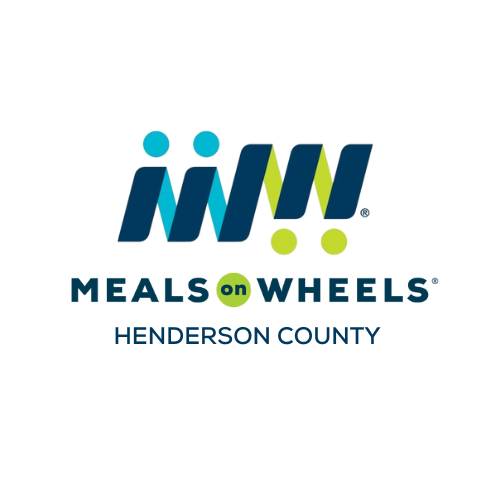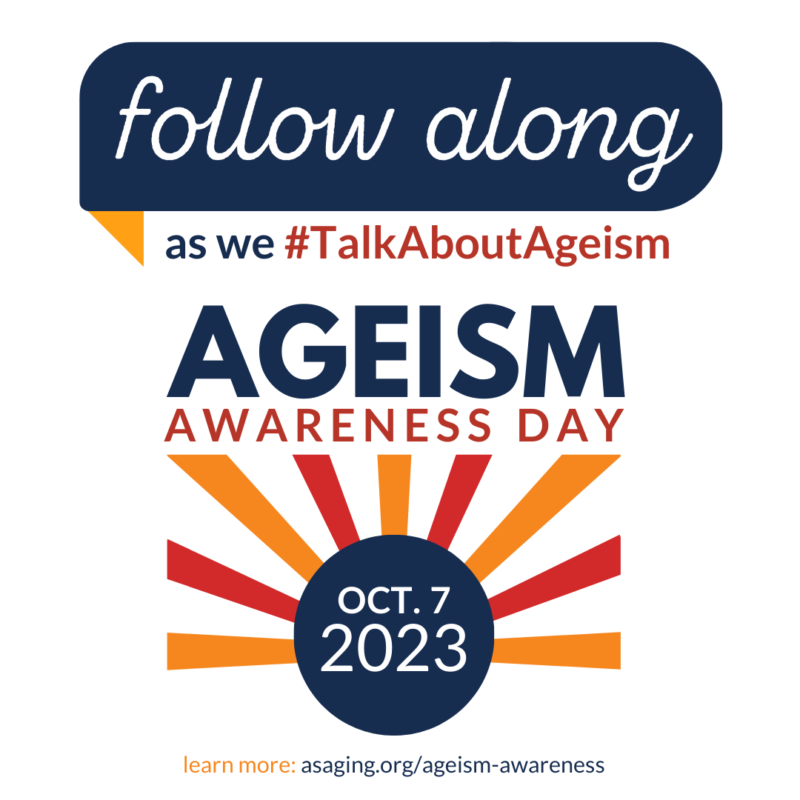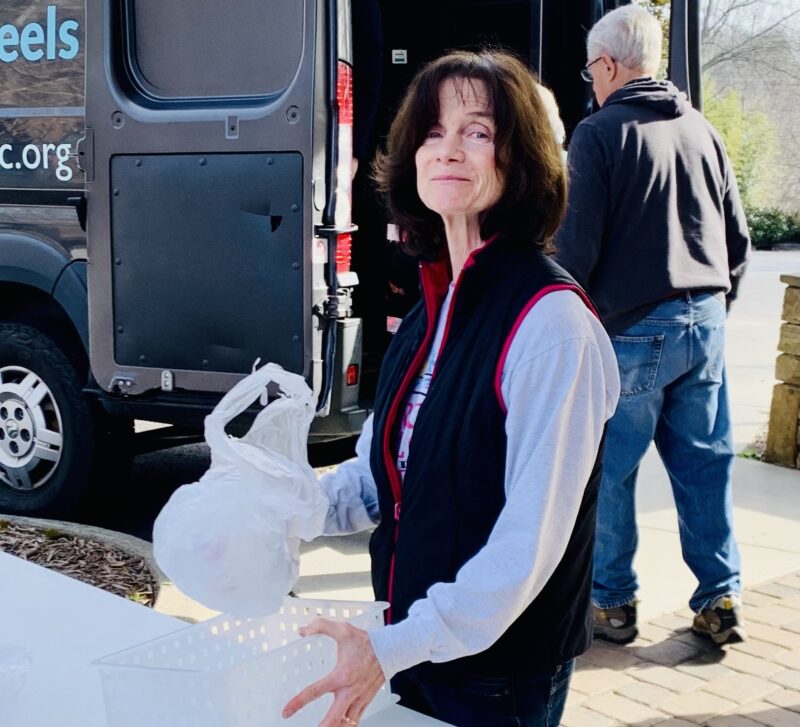Getting the right nutrition for your body at any age is important, but as we get older, our nutritional needs may change depending on age-related health problems, and how well we’ve taken care of ourselves over the years.
Unfortunately, it is not uncommon for many older adults to suffer from nutritional deficiencies and dehydration as they age.
There are a variety of factors that can lead to making eating well more difficult as we become older. Some of those include medications that may alter the taste of foods, making them unpleasant, or may affect your appetite entirely. Other reasons include problems with chewing or swallowing food, mobility issues making it challenging to chop and prepare meals, remembering to eat, or generally poor health due to underlying conditions.
Good health and proper nutrition are vital for a good quality of life, longevity, and preventing diseases or reducing symptoms of obesity, diabetes, heart disease, high cholesterol, and more. Keep reading below for some tips on how to eat healthily and ensure you and your aging loved ones are getting the best nutrition possible to promote good health.
- The best place to start is to opt for foods that are nutritionally dense without a lot of additional calories. Some great options are nuts, seeds, legumes, lean meats, and fish, as well as plenty of green leafy vegetables such as kale or cabbage, and whole grains, such as barley, oatmeal, quinoa, or brown rice. Another tip is to go for brightly colored fruits and vegetables such as berries, oranges, carrots, and more.
- Do your best to avoid empty calories. Empty calories are often found in highly processed foods, candies, and soda beverages. Avoiding what you can of items that are considered to be “empty calorie” foods not only promotes good health and well-being but can help reduce or prevent the onset of diseases such as diabetes or high cholesterol. That’s not to say that you can’t ever have a treat or snack every once in a while, as moderation is key, but do be mindful of how much empty calorie food you or your aging loved one is consuming.
- Try to choose foods low in saturated fats and cholesterol. Be warned though, that many “low fat,” and “low sugar” items or “diet” foods and sodas can often be more unhealthy than regular ones. They often contain artificial ingredients or extra sugars to make up for the “lack of flavor” in low-fat, low-sugar, and diet items. Make sure to read the labels and carefully determine if these types of food are truly better for you or not. Many of these foods may contain hidden calories or excess sugars that aren’t good for you.
- Inquire about “Meals on Wheels” Delivery. Here at Council on Aging Henderson County, we offer a Meals on Wheels program to homebound, older adults who may need nutritious meals and may not otherwise be able to get them. To learn more about our Meals on Wheels program and see if you or a loved one is eligible, click here. This program began back on March 22, 1972, when President Nixon signed into law a measure that amended the Older Americans Act of 1965 to include a national nutrition program for seniors 60 years old and older. This year, Meals on Wheels programs from across the country are joining forces for the awareness campaign to garner the support needed to ensure these critical programs can continue to address food insecurity and malnutrition, combat social isolation, enable independence, and improve health for years to come. Programs from across the country have celebrated the month of March since 2002 to increase awareness for Meals on Wheels and recruit the support needed to meet the rising demand for obtaining nutritious meals for older adults. To learn more about Meals on Wheels or locate a program near you, click here.
- Drink plenty of water. Dehydration is common amongst older adults for some of the reasons stated above. Water flushes out your body’s systems and can help you stay energized throughout the day. Drinking a glass of water before a meal can also prevent you from overeating which can contribute to healthy body weight and reduce other chronic health conditions such as obesity.
- Consider a multivitamin to help fill in gaps in your diet. Although supplements shouldn’t be taken as a replacement for eating a healthy diet, they are a great option if there may be holes in your diet or in your aging loved one’s diet. As we age, nutrient absorption can decrease; for example, vitamin B12 can be affected by aging or medications that may limit how much your body can absorb. Vitamin B12 is also a crucial vitamin to aid and promote memory, reduce and prevent heart disease, and boost your energy levels, which are especially beneficial for older adults.
- Share a meal with friends or loved ones. Eating with loved ones and friends can go a long way toward eating healthy as you age. Not only will you benefit from a good meal, but eating with others is a wonderful way to stay connected with them and get much-needed socialization. As people age, it’s common to feel lonely or isolated, and having a good social support system can help promote healthier habits in older adults. Some of the benefits of socialization in older adults are reduced risk for depression, longer lifespan, decreased risk for dementia and Alzheimer’s, and other mental health conditions, and increased physical activity, all of which work together to promote a happy, healthy life.
Eating healthy as we age can feel overwhelming, but it doesn’t have to be. For some wonderful healthy recipe ideas ideal for older adults, click here.
For additional tips or to learn more about eating healthy and more resources, click here.










